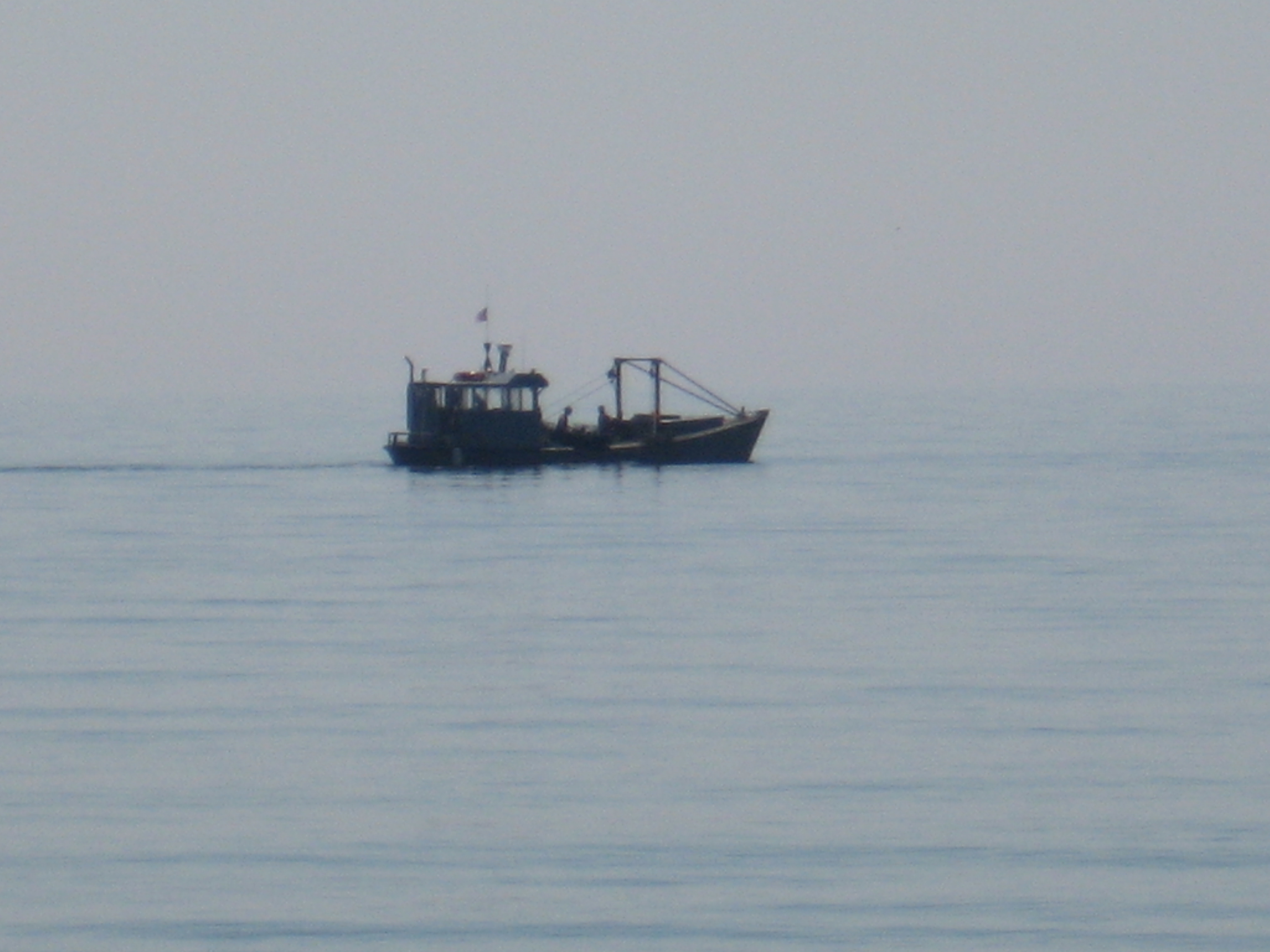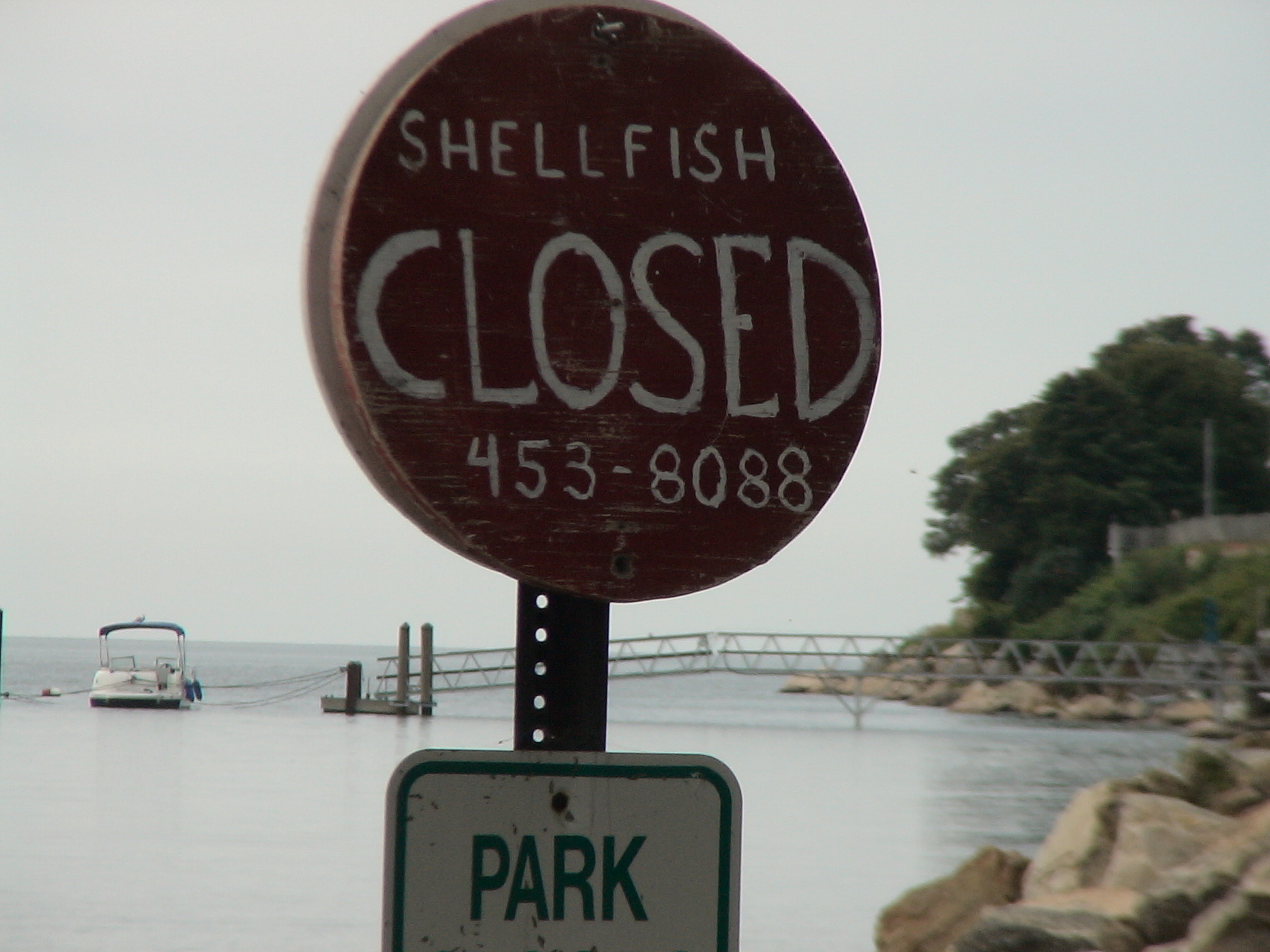The devastating impacts from Hurricane Sandy were felt far and wide across the Northeast. On the shores of Long Island Sound, the damage to homes, businesses and infrastructure is hard to miss. What’s not as easily seen is the toll inflicted on those who make their living on the water.
Long Island Sound’s shellfish industry was hit hard last year by Irene and again this year by Sandy. While some portions of the Sound have reopened to shellfishing, many fishermen and farmers are still waiting for the green light to get back to work, and frustration is running high.

Near-shore shellfish beds in eastern Long Island Sound remain closed nearly three weeks after the storm, but people haven’t stopped buying clams and oysters; they are just getting them elsewhere.
Jim Markow of the Noank Aquaculture Cooperative said, “I got employees and we are trying to stay in business, and you can’t be in business when you can’t make money. My customers are buying oysters from Rhode Island and New York. There is a guy right in Westerly that was open a week and a half ago.”
In addition to putting Jim out of work for weeks, Hurricane Sandy wrecked two of his boats, one completely and the other with serious motor damage. His onshore oyster hatchery also experienced flooding, which caused wiring issues. The Cooperative’s shellfish beds fared OK for the most part, but there was some moving around of the oysters.
That’s just one shellfish farmer’s story; up and down the coast there are similar ones.

So why is it taking so long for all of Long Island Sound to reopen to shellfishing? The answer is quite complicated. The approved waters, which include portions in Milford, Westport, Norwalk, and Darien, are more than twenty feet deep. The near-shore and shallow areas remain closed, as those areas were greater impacted by the storm and a complete hazard assessment has not been completed as of yet.
Currently, the Connecticut Department of Agriculture’s Bureau of Aquaculture does not have a target date for the entire Sound to reopen again. Their staff is working with local municipal officials to determine the extent of on-land flooding, impacts to homes, and infrastructure damage. This will help them evaluate the potential effect of household deleterious and hazardous substances in the near-shore shallow waters that may have impacted shellfish. Testing for these substances is both time consuming and expensive.
The long short of it is this: the Long Island Sound areas still closed to shellfishing are being tested and analyzed, however until a complete assessment of the hazards which may have impacted our shellfish is completed, the local businesses who harvest from the Sound’s shallower waters will continue to feel Sandy’s wrath long after the winds, waves and flooding have gone.
Posted by Kierran Broatch, outreach associate for CFE/Save the Sound
